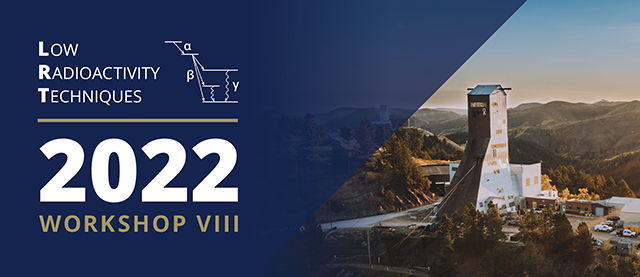Speaker
Description
The AMoRE experiment searches for the neutrinoless double-beta decay of $^{100}$Mo with cooled to milli-Kelvin temperature molybdate crystal scintillators. The maximum sensitivity for a given exposure is reached if a zero background in the region of interest is ensured. Therefore, various background reduction studies are ongoing to achieve the required background level for the experiment.
We conduct material screening using HPGe detectors to select low radioactive contamination material for the set-up and to characterize the radioactive components.
And background modeling using Monte-Carlo simulation is performed to estimate the background level from internal detector components.
In addition, external gamma-rays from the rock can be assessed by radioactivity measurement of rock samples from the Yang-Yang underground Laboratory where the experimental set-up is located.
The first phase of the AMoRE project, AMoRE-I, is taking data while the second phase, AMoRE-II, which used 100kg of the enriched isotope $^{100}$Mo, is in the preparation phase.
We will describe the HPGe detectors of CUP IBS (Center for Underground Physics, Institute for Basic Science), and present a background level study for AMoRE-II through the screening of most of the materials used in the experimental setup.

